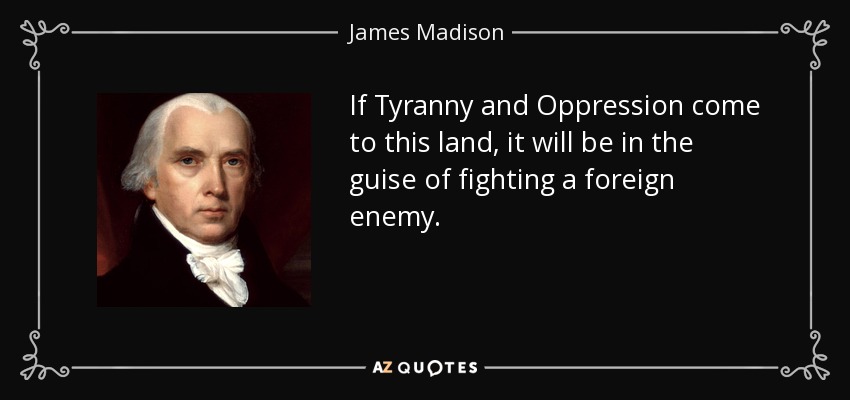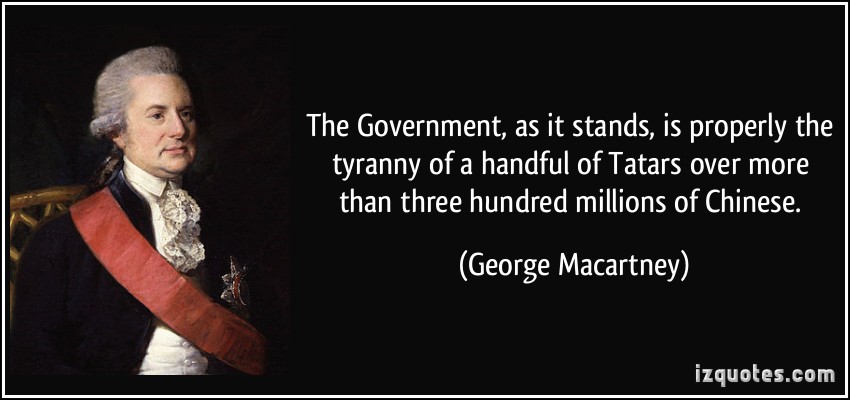

“Government is not reason, it is not eloquence - it is force! Like fire, it is a dangerous servant and a fearful master. It sounds like something Franklin might have said, but he didn't. "Never leave till tomorrow that which you can do today." Anyway this is a pretty obvious pun that in a similar form can be dated back to Dryden's 1717 T he Spanish Fryar. Earlier it was attributed to Richard Penn in 1811. This is not attributed to Franklin until 1840. “We must, indeed, all hang together, or assuredly we shall all hang separately.” 65 (1875) "Tout homme a deux pays, le sien et puis la France!" Henri de Bornier, La Fille de Roland, act III, scene ii, p. “Each man has two countries, I think: His own, and France.” This great danger is the Jew.”įirst appears in the 1930 and uses the idiom 'great danger' which was not in use during Franklin's time. “There is a great danger for the United States of America. It is unknown where or when the second sentence was added. The first sentence originates with Gary Strand, Usenet group sci.environment, 23 April 1990. Liberty is a well-armed lamb contesting the vote.” “Democracy is two wolves and a lamb voting on what to have for lunch. This appears to be from 1688 by Massachusetts Governor Simon Bradstreet, but seems to be a general slogan used by the followers of Oliver Cromwell. “Resistance to tyranny is obedience to God.” Where the government fears the people you have liberty"ġ996 article by Thomas G. It was rearranged in the 1990's from the original "Where the people fear the government you have tyranny. When the people fear the government, there is tyranny."Īppears to come from the Irish politician John Basil Barnhill in 1914. “When governments fear the people, there is liberty. Another quote that falls into that category is "Tyranny is defined as that which is legal for the government but illegal for the citizenry." It appears to be an invention of the Internet age. Unknown and in fact it does not appear in print anywhere.

"Those who hammer their guns into plows will plow for those who do not." Unknown, but does not appear in Jefferson's writings "The two enemies of the people are criminals and government, so let us tie the second down with the chains of the Constitution so the second will not become the legalized version of the first." Thoreau may have borrowed it from United States Magazine and Democratic Review who started using it as their motto in 1837.

Henry David Thoreau claims Jefferson said this, but it does not appear in any existing writings. “The best government is that which governs least.” " It should be noted that that sentence never made it into Virginia's Constitution. It may have evolved from a proposed addition Jefferson made to the Virginia Constitution, "No freeman shall be debarred the use of arms. "The strongest reason for the people to retain the right to keep and bear arms is, as a last resort, to protect themselves against tyranny in government."įirst appears in this form in 1993. "A government big enough to supply you with everything you need, is a government big enough to take away everything that you have."ġ928 United States Book of Common Prayer. John Philpot Curran said, "The condition upon which God hath given liberty to man is eternal vigilance which condition if he break, servitude is at once the consequence of his crime and the punishment of his guilt." Most often traced back to the Irish liberal Protestant John Philpot Curran circa 1790, but the sentiment could be even older. "Eternal vigilance is the price of liberty." It became popular during the Vietnam war protests and was used in a speech by New York City Mayor John Lindsay in 1969. "Dissent is the highest form of patriotism" 312, written under the pseudonym of John Galt. "The democracy will cease to exist when you take away from those who are willing to work and give to those who would not."įrom Dreams Come Due: Government and Economics as if Freedom Mattered (New York: Simon & Schuster, 1986), p. "Democracy is nothing more than mob rule, where 51% of the people may take away the rights of the other 49%." John Sharp Williams in a lecture delivered at Columbia University, New York 1912 "My reading of history convinces me that most bad government results from too much government." Many of these have also been attributed to Franklin, Washington and even Churchill, but Jefferson is the most popular. Jefferson is by far and away the Founding Father used most to legitimatize quotes.


 0 kommentar(er)
0 kommentar(er)
